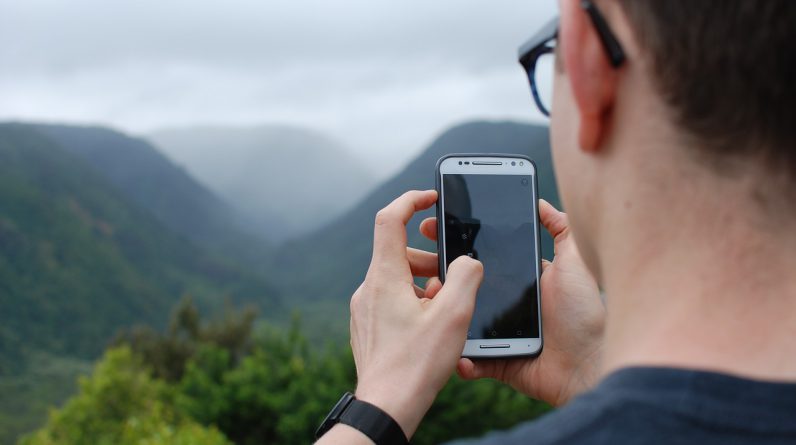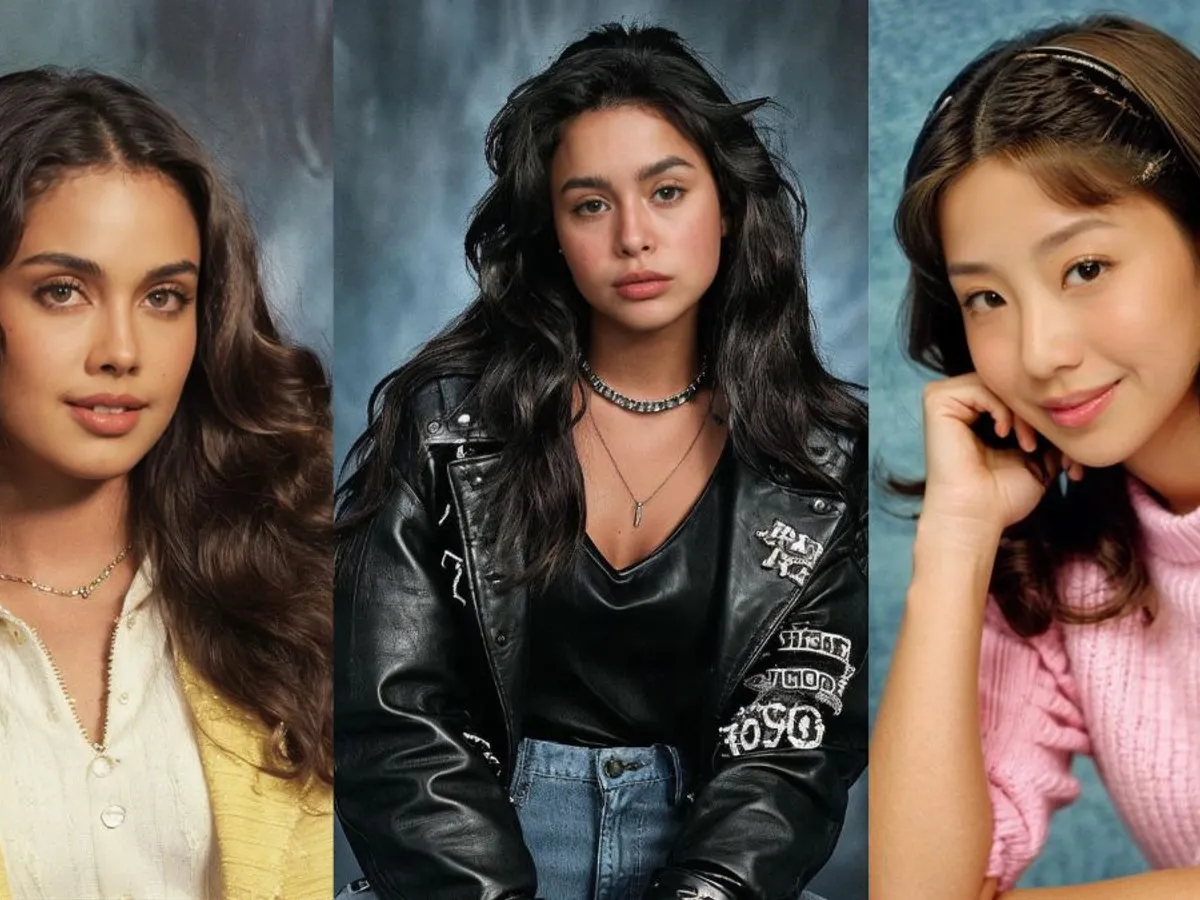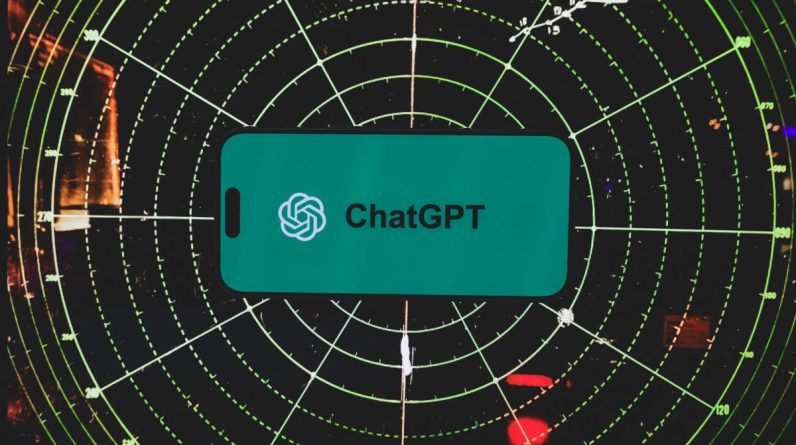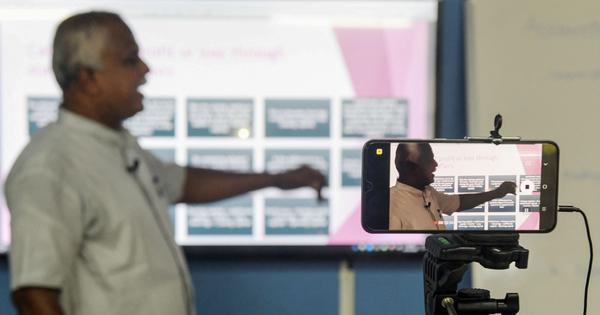
After the ‘AI photoshoot’ craze became popular a few months ago, k-pop stars are returning to their high school days. The new “AI yearbook” filter, which looks like something out of the ’90s, is all the rage on TikTok, and here’s how you use it. The new filter comes from Epik, an app that claims to be AI-powered and makes it easy to modify images on the go. Epik is a subsidiary of Snow, a bigger South Korean picture editing program. Snow, ta-da, was the one who started the June “AI photoshoot” fad.
Here is a detailed tutorial on how to utilize the AI filter so you may discover your potential appearance as a high school student in the 1990s.
What is the AI-generated Yearbook trend on TikTok?
An innovative digital spin on the traditional yearbook experience is offered by the Yearbook AI trend on TikTok. Using AI, users can create photorealistic yearbook covers that include their younger selves or even famous people.
This fad is all the rage because it manages to take people back in time while also bringing the classic yearbook look and feel of yesteryear into the present day through the use of technology.
With the help of AI, users may experience what it would have been like to be included in a high school yearbook, replete with vintage clothing, hairdos, and backdrops.
How to make AI yearbook pictures?

Following our step-by-step instructions, making your very own AI ’90s yearbook pictures is a breeze. Using one of the helpful tools we highlighted in our blog post on artificial intelligence technologies for social network management, here’s how you may begin and reminisce.
Download the EPIK Photo App
Get the EPIK picture app from the app store of your choice to kick off your ’90s adventure. Although the app is free to download, there is a nominal fee to have your high school yearbook images made for the AI 90s.
Click the ‘AI Yearbook button’ to access the AI Yearbook.
Well, “How can I try the AI trend from the 90s that is sweeping TikTok?” The AI Yearbook may be accessed through the EPIK app, namely through a circular button that says “AI yearbook” after installation. Initiate the transition by clicking this button.
Upload Your Selfies Online
You should submit eight to twelve separate selfies for this creative project to provide the finest results. These images have to be of great quality and feature a range of perspectives, emotions, and backdrops. Additionally, you’ll be asked by the app to choose your gender, with choices like “other,” “male,” and “female” shown. To make sure the AI can feel the 90s, this is a must-do.
Make a Payment
Even while it’s thrilling to go on an adventure to recreate your 1990s yearbook pictures using AI, you should realize that it’s not free. You may choose between two options: one is a two-hour delivery for $9.99, and the other is a five-hour delivery for $5.99 (with a discount of $3.99 for a short period). Your budget and level of urgency will determine your pick.
Make pictures for your 1990s yearbook
You may go to the “Create Yearbook Images” section once you’ve paid. You will be provided with a set of sixty photographs to be downloaded and saved within the allotted period (two hours or twenty-four hours). And you may further customize your trip down memory lane by editing these photographs with filters and backdrops within the EPIK app. You have the option to save them as individual photographs or as a film, so you can give yourself complete creative control.
What’s next in AI and social media
There are more concerns over the future of AI on social media caused by the Yearbook AI fad, which is still captivating TikTok fans. Innovation in both trends and features is expected to increase as AI and social platforms continue to merge.
Some possible ways that AI might be used in social media are as follows:
Crafting tailored content:
Additional usage of AI algorithms might lead to more personalized content development, with consumers receiving experiences that are uniquely suited to their tastes, hobbies, and social media habits.

An improvement in AR experiences:
Improving augmented reality experiences on social media sites might be greatly assisted by AI. Improved filters, interactive parts, and immersive features that react intelligently to user activities might be part of this.
Enhanced content filtering:
Social media networks may find it easier to deal with problems like hate speech, disinformation, and unsuitable material if AI-powered systems for content moderation get smarter.
High-tech recommendations:
In the future, recommendation systems powered by AI could improve the quality of the content suggestions they give consumers, leading to a more tailored and interesting experience overall.
Conclusion
The Yearbook AI trend on TikTok showcases how the platform is always changing and adapting. Users of the video-sharing app TikTok have jumped on a trend that mixes old-school charm with cutting-edge innovation by getting creative with AI. The increasing convergence of technology and user-generated content on social media is shown by AIportrait’s popularity as the preferred software for creating yearbook-style images.
With the Yearbook AI trend, TikTok proves once again that it can captivate people all across the globe and give rise to groundbreaking trends. More fascinating innovations are on the horizon as a result of AI’s incorporation into social media, which will change the way people interact with and make content for their preferred platforms.
An intriguing look into the future is provided by the Yearbook AI trend, which shows how technology and creativity will combine to create digital experiences that are both interesting and easy to share.
Related: Vy6ys Explained: Features, Roles, and Successful Projects
Related: What is XEWE? A Guide to Its Advantages and Investment Strategy








